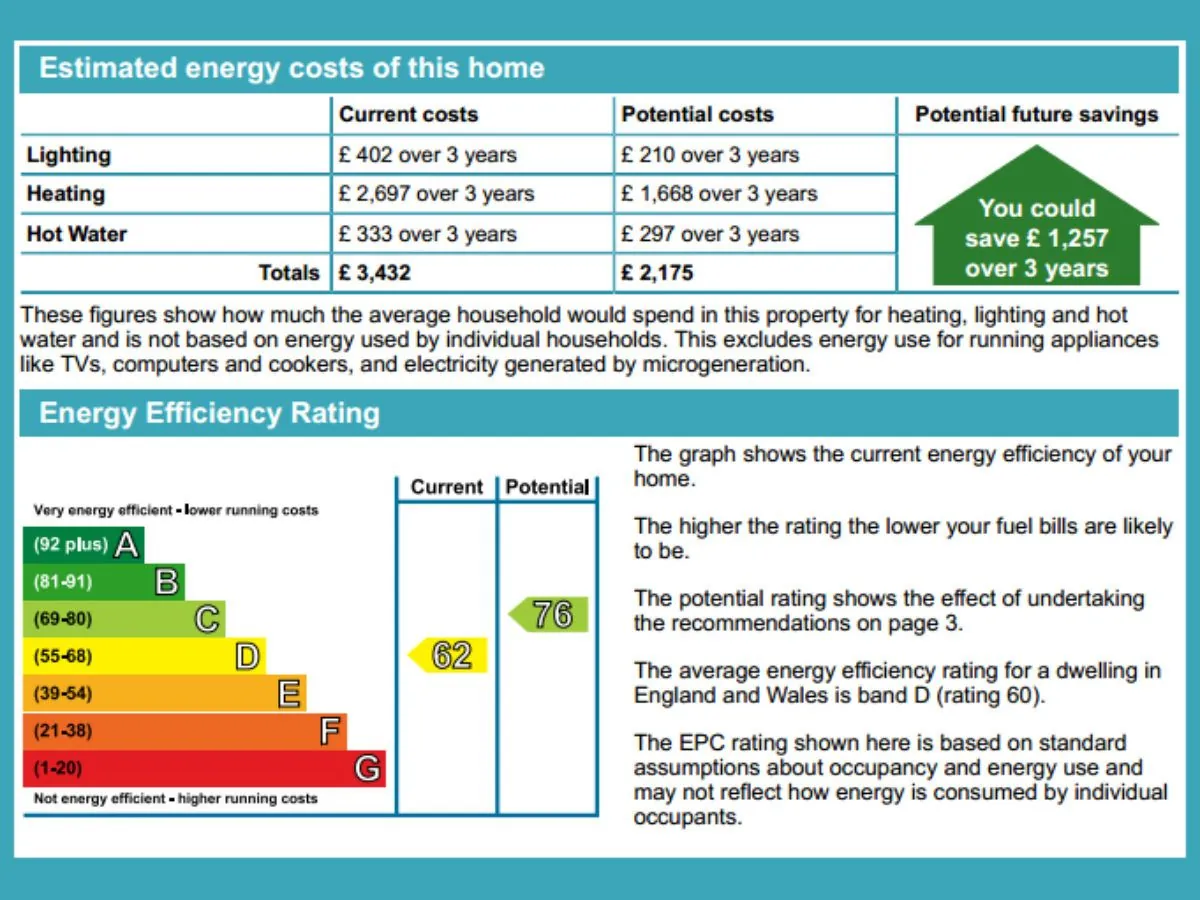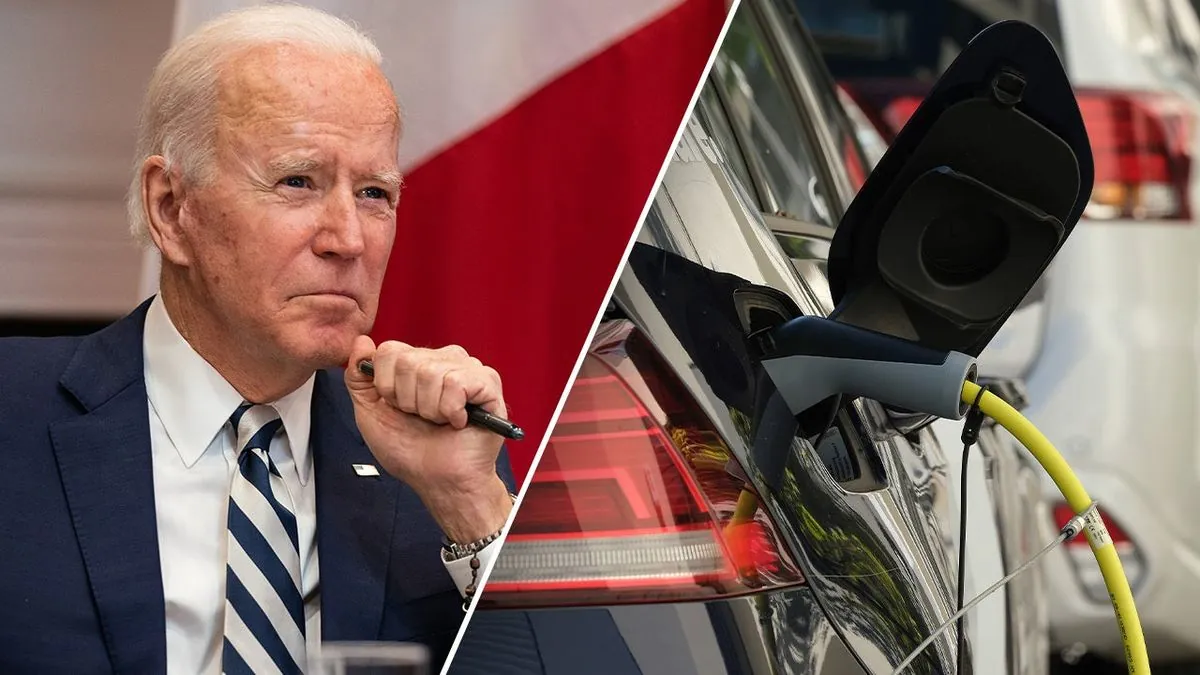Labour's 2030 Deadline: Landlords Face Energy Efficiency Ultimatum
Labour announces plan to ban renting of energy-inefficient homes by 2030. Landlords required to invest up to £10,000 per property for upgrades, aiming to reduce fuel poverty amid concerns over rental market impact.

Ed Miliband, Labour's energy secretary, has unveiled a plan to prohibit landlords from renting properties that fail to meet energy efficiency standards by 2030. The announcement, made at the Labour party conference in Liverpool, requires property investors to allocate up to £10,000 per rental home for energy-saving upgrades.
To achieve the required Energy Performance Certificate (EPC) rating of C or higher, some landlords may need to install heat pumps or solar panels. This initiative aims to address fuel poverty, with Miliband stating it could benefit one million families.
"We all know that the poorest people in our country often live in cold, draughty homes. Many rent from private landlords below decent standards. It's a Tory legacy. It's a Tory scandal. It's a Tory outrage."
This policy adds to the growing pressure on landlords, who have already faced increased regulations and reduced tax benefits over the past decade. High mortgage interest rates have further squeezed profit margins, prompting some to exit the market.
The UK's housing stock presents a significant challenge, with 38% of homes built before 1946, making them among the most difficult to upgrade. Nearly a third of rental properties were constructed before 1919, according to the National Residential Landlords Association.

Currently, landlords are prohibited from renting properties with an EPC rating of E or lower. As of 2022, approximately half of rental properties had achieved a rating of C or higher. The government's previous proposal suggested requiring all newly rented homes to meet this standard by 2025, with all rented properties following suit by 2028.
The UK's Climate Change Act 2008 set an ambitious target to reduce carbon emissions by 80% by 2050. To achieve this goal, significant improvements in home energy efficiency are necessary. Heat pumps can reduce a home's carbon emissions by up to 23% compared to gas boilers, while solar panels can save households between £170 and £440 annually on electricity bills.
However, the implementation of these upgrades faces obstacles. The average cost of installing a ground source heat pump ranges from £10,000 to £18,000, potentially exceeding the proposed £10,000 cap on improvements. Additionally, Britain is grappling with a shortage of qualified tradespeople to meet net zero targets for properties, with an estimated 160,000 shortfall to keep pace with current goals.
The government has attempted to address these challenges through various initiatives. The Boiler Upgrade Scheme offers grants for installing low-carbon heating systems, while the Green Homes Grant scheme, launched in 2020, was discontinued in 2021 due to low uptake.
Critics argue that the 2030 deadline could force more landlords out of the sector, potentially reducing rental supply and increasing rents. In London, 22% of newly listed homes were former buy-to-lets, a 10-year high according to analytics firm TwentyCi.
As the UK strives to meet its net zero target for 2050, the success of this policy will depend on balancing the need for energy-efficient homes with the challenges faced by landlords and the broader rental market. The government's fuel poverty strategy aims to ensure that as many fuel-poor homes as possible achieve a minimum energy efficiency rating of Band C by 2030, aligning with Labour's proposed deadline for rental properties.


































